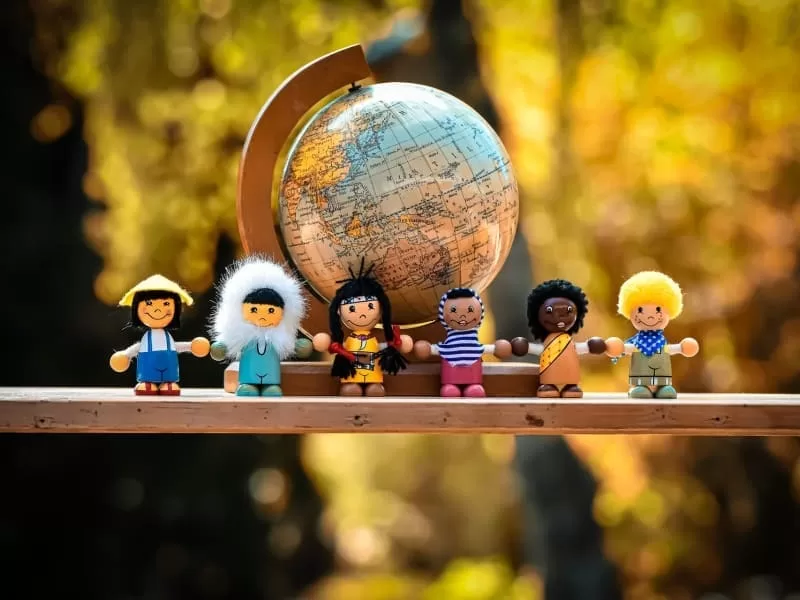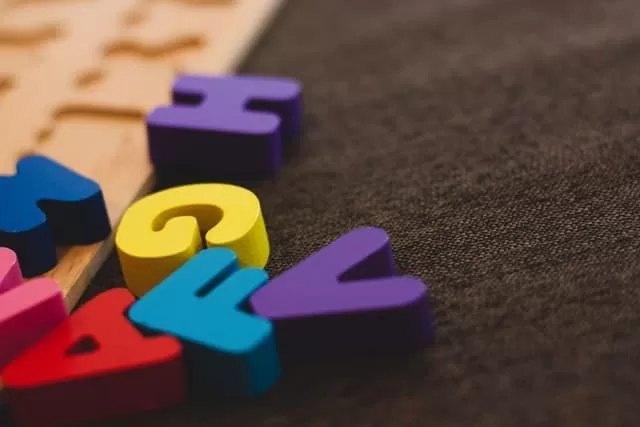
Language vs. dialect (I): characteristics and differences
Would you know how to define what a language is and what a dialect is? Could you explain the differences between them?
What differentiates a language from a dialect?
Although it is linguists and translation professionals who best understand these two concepts, the truth is that all of us have heard or used them on numerous occasions in our daily lives. However….are we really capable of differentiating a language from a dialect? At present, the line that separates them is becoming increasingly blurred, as these linguistic concepts are deeply influenced by politics and culture.
Languages and dialects have a set of unique basic characteristics that allow us define and differentiate them from one another in general terms.
However, both languages and dialects have a set of unique basic characteristics that allow us define and differentiate them from one another in general terms. Let’s take a look at them!
What is a language?
Main characteristics?
- It’s a form of communication used by a specific community of speakers. However, languages are not always divided by countries.
- There are multiple languages around the world. Those that come from the same family share similarities and are mutually intelligible.
- A single language has various dialects.
- It materializes in two forms: oral and written.
- It has a standardized form that can be both oral and written, and is commonly known as the standard or the standard variety of a language.
- It has a set of linguistic rules (grammatical, lexical, and orthographic) that speakers must adhere to. These rules allow language academies and dictionaries to regulate the use of the language, that is, to determine what is correct and what is not.
What is a dialect?
Definition and characteristics of a dialect
- It is the specific variety of a language used by a group of speakers belonging to a particular geographic area. Therefore, a dialect comes from a language.
- It does not have established rules.
- Exception: there are several dialects that do present a set of unique inherited characteristics (a specific lexicon, expressions, and grammatical constructions). It refers to rules that speakers follow when speaking and/or writing. A good example of this type of dialects are Valencian, Mallorcan, British English, and American English, among others. Both Valencian, as well as British and American English, have dictionaries that regulate their use, despite being varieties derived from Catalan and English, respectively.
- Normally, it does not have a standard variety.
- Exception: As described in the previous case, the unique characteristics of a dialect give rise to rules through which a standard version of a particular dialect can be created.
- Usually, it only materializes orally. To write formal texts, speakers of a dialect often use the standard from of the language from which their linguistic variety originates.
- Exception: We can find texts that have been written in a specific dialect (usually in its standard version, if it exists). To find out, we only need to observe whether these writings show the unique linguistic characteristics of that specific dialectal variety.
Cultural influence and evolution of dialects
- Cultural differences give rise to diverse dialects. Many of them may show similarities with one another if they originate from similar cultures or languages, or from the same language. However, it is important to highlight that some dialects have evolved significantly and in a very regional manner over time. Therefore, they show great differences compared to their siblings or the language they originate from. It is possible that one day a dialect may become so different from its parent language that it evolves into a new language, as happened in the past with Latin and Spanish.

Photo by Ryan Wallace on Unsplash
Language or dialect: what really makes the difference?
In summary, what generally differentiates a language from a dialect is that the first one has written rules that provide grammatical correctness and from which a standard can be extracted. In addition, there are language academies and dictionaries that specify how the standard of a language should be used correctly. In contrast, a dialect lacks of written rules and a standard, as well as institutions or dictionaries that regulate its use, since it is primarily oral in nature. However, we have been able to see that this is not always the case.
It is difficult to differentiate a language from a dialect, as their defining characteristics have significant exceptions. Consequently, there is an ongoing debate on this topic, which brings together diverse and very important linguistic, cultural and political issues .
An open debate on linguistic identity.
Nowadays, it is difficult differentiate between a language and a dialect, since, as expressed in the two lists presented, the defining characteristics of each concept present significant exceptions. Consequently, today there is an ongoing debate on this topic, which brings together diverse linguistic, cultural and political issues that are important to consider in order to provide an accurate definition of language and dialect.
Opinions regarding the identity of dialects
Is there any dialect that should be considered a language by law? Many believe that the government should grant their native dialect the status of a language, as it exhibits certain features characteristic of a language, is significantly different from the language it originates from, or, from a cultural and political point of view, is the tool that allows them to differentiate themselves as a culture or people separate from those who speak the official language of a nation.
A large number of speakers believe that a dialect is subordinate to its parent language or the official language of a country, and that, as a result, it not only has less social prestige but its use is relegated to the background, overshadowed in formal contexts by the predominant use of one of the mentioned languages. Therefore, the use of the dialect must be defended by all available means (education, politics, traditions, homeland, etc.) and be equated with the language, or even prioritized over it.
Others, however, do not think the same way. They argue that the linguistic variety they speak is a dialect and have no problem using the standard to communicate orally or in writing in other contexts beyond the familiar, informal or regional. What matters to them, as in the previous case, is that their dialect does not disappear in favour of their parent language or the national language. It is necessary to defend it through law and education in order for it to survive over time. However, it is not necessary, to achieve this goal, for it to achieve the status of a language or to give it priority over the language it comes from.
There are multiple opinions, and all of them are equally valid. The debate is on!
Do you need translation services near Barcelona?
Do you need a native translator near Barcelona? Are you looking for a translator expert in your field? Contact us using the following contact form, and we’ll send you a no obligation quote for a professional translation as promptly as possible.


No Comments